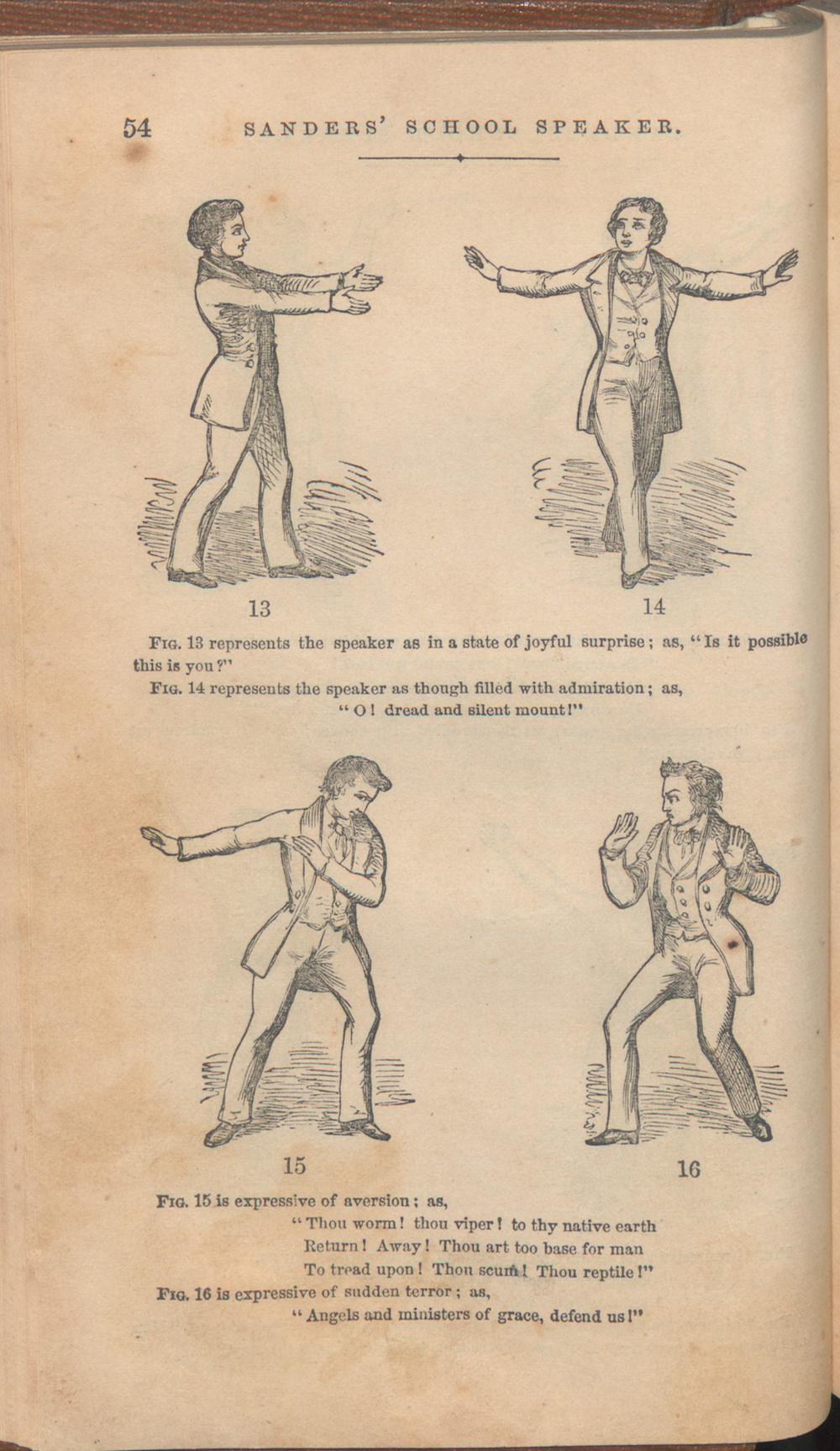Narrating Event
By looking at the historical context in which The Elementary Spelling Book was written, we find the narrating event of the text. Webster is largely addressing the community of those like him: the "gentlemen" who want to see one homogenous English language (at least within, but perhaps beyond too, the United States). Yet, as we see as early as the first page of front matter after the title page, Webster has an additional audience in mind: “the foreigner.” The U.S. was just beginning to see new waves of immigrants from Western Europe, which would only increase in size in the coming decades. Also to come were large numbers of Chinese immigrants, a few years later in the California gold rush. Webster, a New Englander of pure English descent, could have been referring to any number of these groups as the "foreigner" he wished to educate. The conversation, then, is between Webster, other men like him, and (perhaps on the sidelines) the outsider who wishes to become a part of American culture. Whether or not these assimilation-desiring outsiders really existed, or whether Webster's dream of converting the non-pure non-Anglo Saxon man to his way of thinking, speaking, and being was completely a fantasy on his part, is unknown. In the case that this unknown Other does exist and participate in the dialogue, it is without question that Webster and his contemporaries are on one side of the conversation, while the foreigners are on the outside looking in. Thus, while not blatantly alienating the foreigner or using him as a a device to point out linguistic flaws as other writers of the time did, Webster is certainly not expecting the foreigner to be his primary readership; he is simply forming an alliance between himself and other native English speakers against which to position the Other. Starting off with an indexical alignment and opposition like this sets the scene for what is to come.
Within this text, one can find a number of tidbits of ideological data of the time. Each of these can be described as a narrated event, in which some claim is made that then adds to the overall social action being accomplished. Most of the segments of interest come from the preface, as the actual body of the text is much less marked than the paratextual elements in terms of blatant ideological claims.
